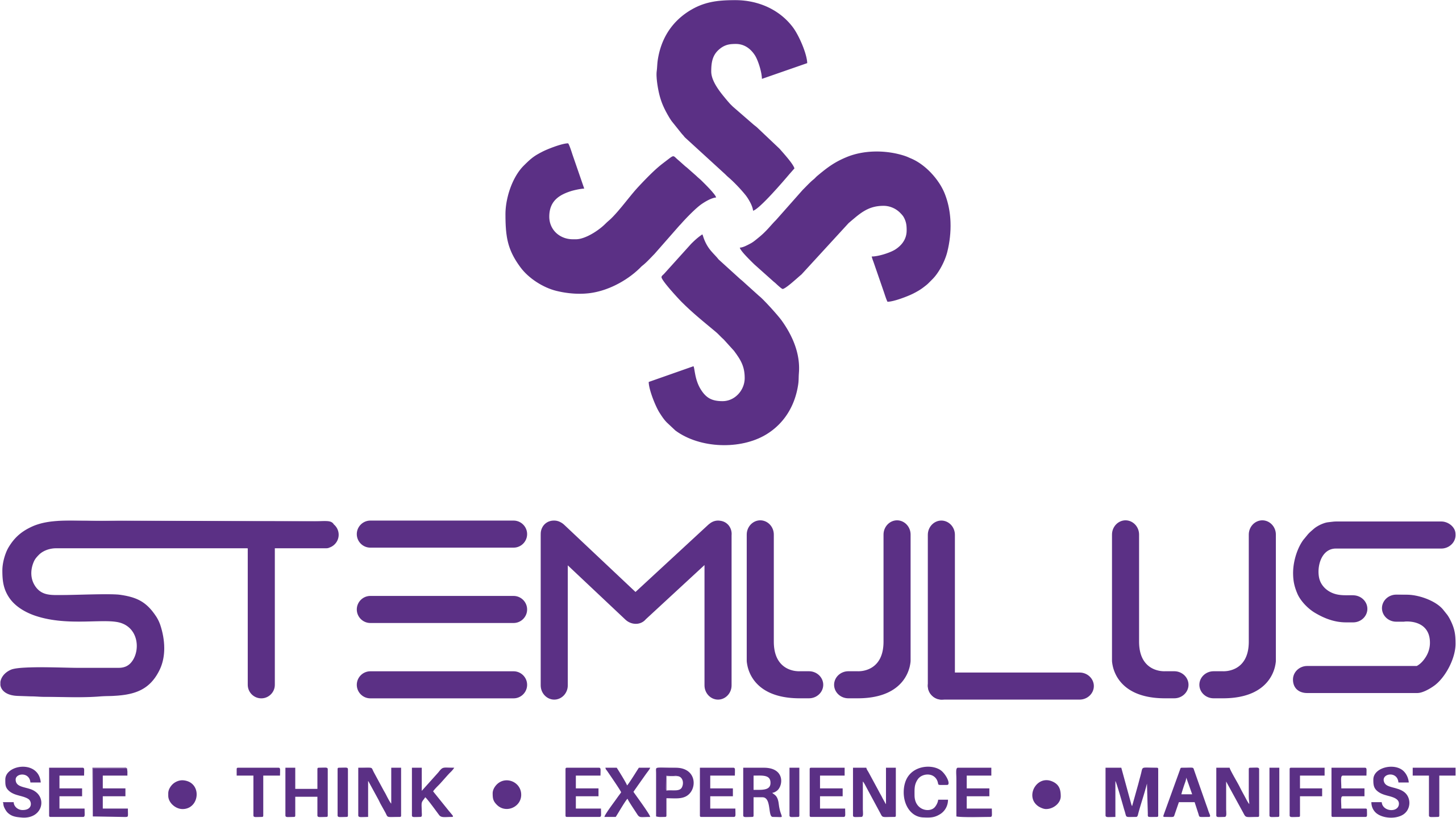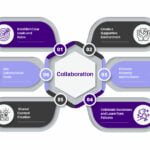
In today’s strategic and competitive business environment, employees find experiential learning to be a uniquely powerful tool. Unlike traditional learning methods, it offers the distinct advantage of providing real-time experiences within their job roles, fostering a culture of learning and innovation, and upgrading the team’s skills.
Concerning Experiential Learning
Experiential learning is learning by doing and experiencing things on one’s own. The objective is to put team members in circumstances where they may apply their knowledge and abilities in real-world settings and learn from direct experience. The benefit of experiential learning is that it pushes staff members to learn by doing, making errors, and refining their strategy moving forward.

The Advantages of Workplace Experiential Learning
Employees believe experiential learning is more effective than traditional teaching methods in today’s strategic and competitive business scenario. Experiential learning in the workplace allows employees to apply theoretical knowledge that are important for job performance. This will also enhance the decision-making skills amongst team members.
Skill Development:
Experiential learning empowers employees by enhancing and implementing practical skills. It enables individuals to apply theoretical knowledge in real-time scenarios, thereby boosting their problem-solving and decision-making skills. For instance, a sales team member can engage in role-playing exercises to handle customer concerns, leading to more confident interactions in actual sales situations.
Experiential Learning
Experiential learning is a catalyst for accelerating employees’ learning. By responding immediately to their actions, it guides them in analyzing how to react in real-life scenarios, rather than relying solely on theoretical knowledge. This quick-learning culture at the workplace not only saves time but also equips employees to handle critical situations strategically.
Showcasing Creativity:
Experiential learning encourages employees to explore and showcase their creativity in tasks. This freedom to innovate leads to more creative ideas and contributes to work on improvements. Employee’s creative thinking and innovation help the company to achieve better outcomes.
Effective Team Building:
Employees are encouraged to work together towards a common goal through experiential Team Building Activities. This will promote practical interpersonal skills, teamwork, and one-to-one communication. For example, a project-based learning initiative may require cross-functional teams to collaborate on solving a critical problem, leading to stronger relationships and a more coordinated team.
Experiential Learning
Experiential learning is a key driver of continuous improvement at the workplace. It encourages employees to constantly refine their tactics, skills, and field knowledge. By providing a platform for ongoing evaluation of experiences, it enables individuals to identify their areas for growth and development.

How to Implement Experiential Learning?
Few essential ways to effectively implement experiential learning is:
- One of the major ways to implement is to employ team building companies or subject-matter experts to lead a session.
- Set their specific objective for every experiential learning activity.
- Organizations should provide resources and access to coaches and mentors that make it possible to provide guidance.
- Encourage employees to showcase their experiences, discuss case studies, and identify improvement points for future tasks.
- Create an environment of learning where employees will continuously learn and improve their techniques and knowledge.



[…] crucial for organizational success in the fast-paced contemporary work environment. Investing in team-building activities is a highly effective method that simultaneously meets both objectives. These exercises foster […]
[…] team building exercises, team members improve their communication skills more precisely. They understand the importance of clarity in communications and how to […]